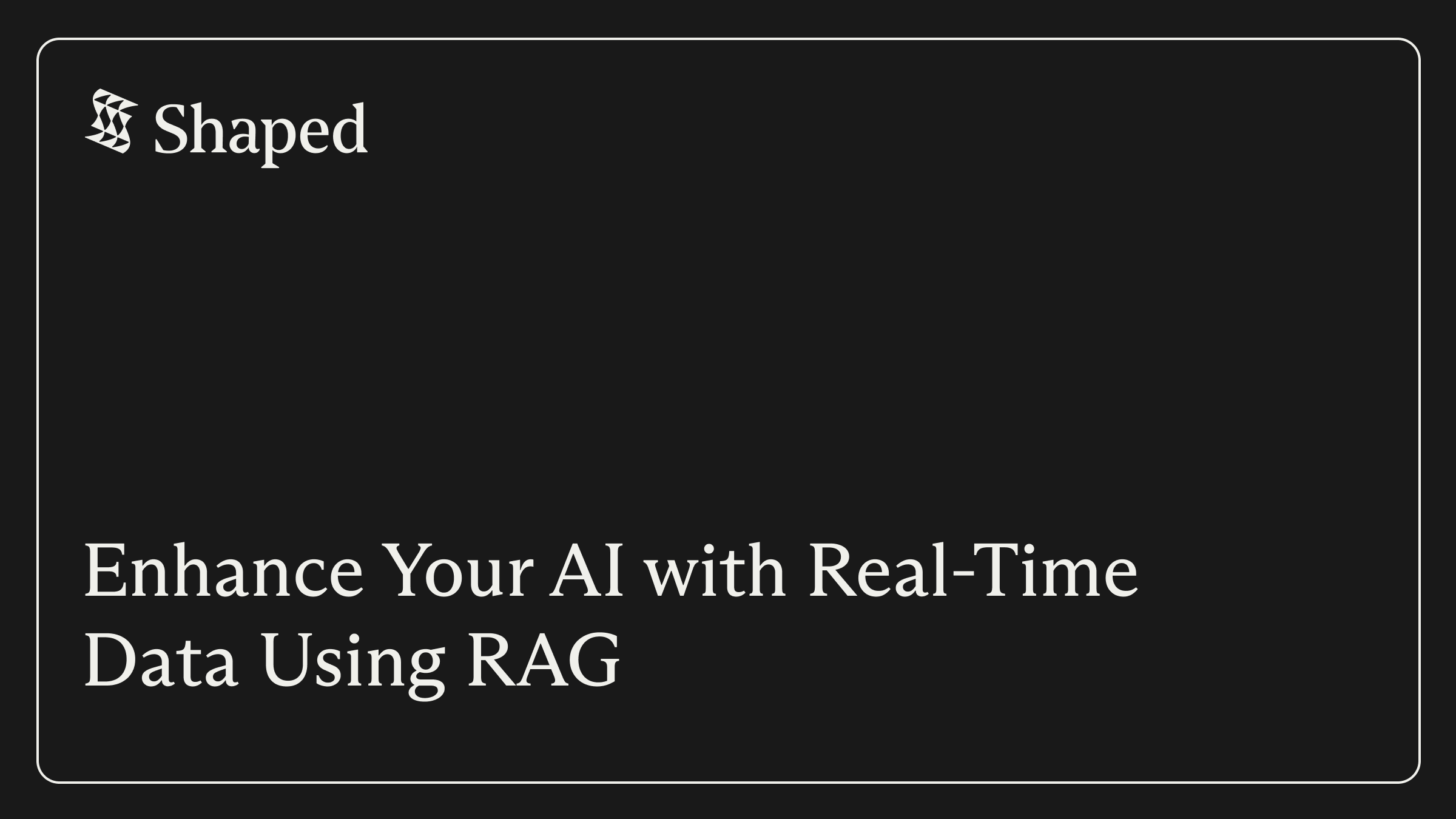Orthogonality-Amplified Residuals Explained
SOAR's key innovation lies in its orthogonality-amplified residual loss, which optimizes each representation to compensate for cases where others perform poorly.

This approach addresses the issue of correlated query-residual angles in vector quantization (VQ) assignments. The SOAR loss function is defined as:

where r′ is the new residual, r is the original residual, and w is a weight function emphasizing higher query-residual angles. This loss encourages orthogonality between residuals, as demonstrated by the relationship:
∥projrr′∥=∥r′∥⋅ρ⟨q,r⟩,⟨q,r′⟩
where ρ is the Pearson correlation coefficient. By minimizing correlated errors in quantized scores, SOAR achieves state-of-the-art ANN benchmark performance while maintaining fast indexing times and low memory consumption.
Comparison with Traditional Spill Trees
SOAR improves upon traditional spill trees in several key aspects. Unlike spill trees, which perform multiple assignments at each level of the tree, potentially leading to exponential storage overhead, SOAR conducts assignments at individual levels, resulting in a constant storage overhead with respect to tree depth. This approach typically yields a more manageable 10-20% storage increase. SOAR's custom, spilling-aware assignment loss enables intelligent decisions about which vector quantization (VQ) partitions to spill to, in contrast to the binary spill-or-not decision in traditional spill trees.

Additionally, SOAR's orthogonality-amplified residual loss optimizes each representation to compensate for weaknesses in others, addressing the issue of correlated query-residual angles that can limit the effectiveness of independent redundant representations.
- Lower storage overhead: Constant with tree depth vs. potentially exponential in spill trees
- Intelligent spilling: Custom loss function for optimal VQ partition selection
- Improved representation quality: Orthogonality-amplified residuals reduce correlated errors
- State-of-the-art performance: Outperforms standard VQ indices and other ANN search approaches in benchmarks
State-of-the-Art ANN Benchmarks
SOAR's performance has been rigorously evaluated using established ANN benchmarks, demonstrating significant improvements over existing methods. On the ann-benchmarks.com platform, which provides standardized tests for various ANNS algorithms, SOAR consistently outperformed other approaches across multiple datasets and metrics.

Notably, SOAR achieved state-of-the-art results on the glove-100 dataset, surpassing competitors in the critical trade-off between recall and queries per second.
The Big ANN Challenge at NeurIPS 2023 further validated SOAR's capabilities, where it excelled in tracks focusing on filtered search, out-of-distribution data, and sparse variants of ANNS. SOAR's implementation in ScaNN (Scalable Nearest Neighbors) maintained low memory consumption and fast indexing speeds while significantly improving query throughput compared to libraries with similar indexing times. This performance demonstrates SOAR's effectiveness in addressing real-world ANN search challenges, particularly in scenarios requiring high accuracy, low latency, and efficient resource utilization.
Benchmark Results
SOAR demonstrates exceptional performance in standardized benchmarks:
- Outperforms existing state-of-the-art algorithms
- Achieves up to 4.32x improvement in search efficiency on billion-scale datasets
- Maintains superior cost-effectiveness in both hardware and cloud deployment scenarios

SOAR: Advancing Vector Search
SOAR represents a significant advancement in vector search technology, providing ScaNN with a robust "backup" route for identifying nearest neighbors when traditional clustering-based approaches falter. This enhancement allows ScaNN to perform even faster vector searches while maintaining low index size and indexing time, resulting in an optimal balance of performance metrics.

ScaNN, with SOAR, is now available as an open-source project on GitHub and can be easily installed via pip. Furthermore, Google Cloud has incorporated ScaNN's vector search technology into its product ecosystem. Vertex AI Vector Search utilizes ScaNN to offer a fully managed, high-scale, low-latency vector similarity matching service. Additionally, AlloyDB has launched the ScaNN for AlloyDB index, providing a vector database solution built on the popular PostgreSQL-compatible database. These integrations demonstrate the practical applicability of SOAR and ScaNN in real-world, large-scale systems, paving the way for more efficient vector search to enable the next generation of machine learning applications.
For researchers and practitioners working on large-scale information retrieval, recommendation systems, or any application requiring efficient similarity search, SOAR offers a promising new direction that merits serious consideration and further exploration.

.png)


